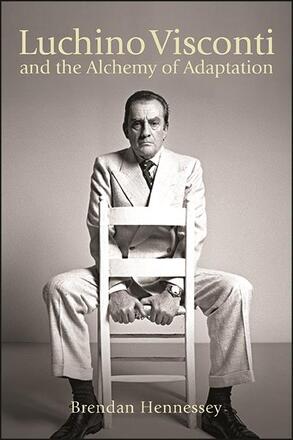
Luchino Visconti and the Alchemy of Adaptation
Alternative formats available from:
Examines the place of book-to-film adaptations by one of Italy's most famous postwar film directors.
Description
Since the beginning, much of Italian cinema has been sustained by transforming literature into moving images. This tradition of literary adaptation continues today, challenging artistic form and practice by pressuring the boundaries that traditionally separate film from its sister arts. In the twentieth century, director Luchino Visconti is a keystone figure in Italy's evolving art of adaptation. From the tumultuous years of Fascism and postwar Neorealism, through the blockbuster decade of the 1960s, into the arthouse masterpieces of the 1970s, Visconti's adaptations marked a distinct pathway of the Italian cinematic imagination. Luchino Visconti and the Alchemy of Adaptation examines these films together with their literary antecedents. Moving past strict book-to-film comparisons, it ponders how literary texts encounter and interact with a history of cultural and cinematic forms, genres, and traditions. Matching the major critical concerns of the postwar period (realism, political filmmaking, cinematic modernism) with more recent notions of adaptation and intermediality, this book reviews how one of Italy's greatest directors mined literary ore for cinematic inspiration.
Brendan Hennessey is Associate Professor of Italian in the Department of Romance Languages and Literatures at Binghamton University, State University of New York.
Reviews
"…the book has an admirable range and supplies a convincing account of the director's work in its Italian social context and of international film culture in the postwar decades." — CHOICE